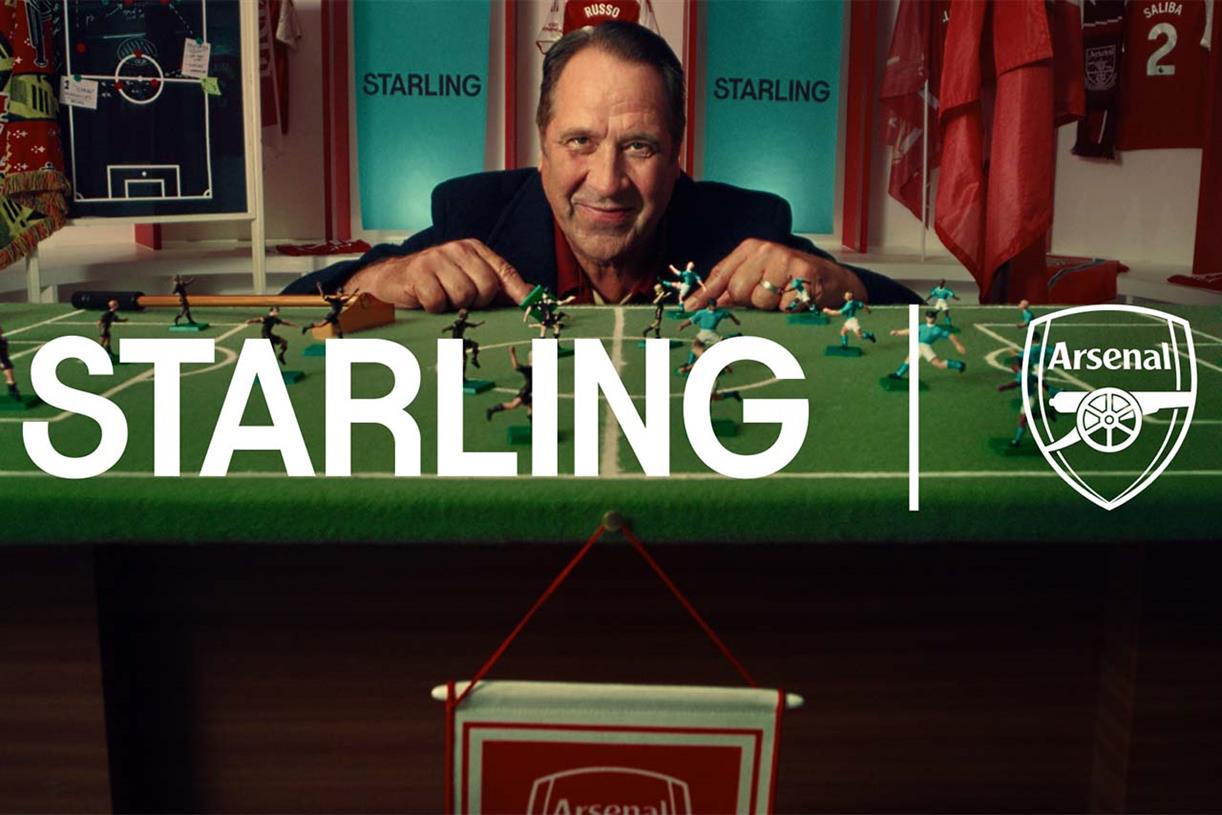How DE&I media investments may be impacted by the economy
Magna hosted its third annual Equity Upfront, where programmers shared 2023 outlooks and how advertisers can diversify their media budgets.

The entire TV marketplace is bracing for how economic uncertainty will impact upfront ad commitments as the industry heads into the spring selling season. Diverse-owned and targeted media particularly fear that brands' commitments to equitable investment might be among the first cuts, especially after two years of slow gains.
“When it was George Floyd, everybody wanted to spend their money because they felt guilty,” said rapper and podcaster Lore’l during a presentation from Urban One at Magna’s Equity Upfront last week. “And then when that died down, the money started scaling back too. That should be embarrassing.”
Magna’s third annual event brought together 29 diverse-owned and targeted programmers at New York City’s New World Stages to pitch programming and ad opportunities to advertisers. Hosting agency Magna shared research that advertising with multicultural media partners has grown since many brands made commitments to invest in marginalized communities in 2020, but it’s still too small a fraction of the larger ad market. Targeted ad spends for Black and Asian audiences make up only 2% each, and Spanish-language spends are only 1% higher.
“We should continue to believe that there's a growth opportunity with these segments,” said Deidre Smalls-Landau, U.S. chief marketing officer and executive VP of global business equity at Mediabrands, during a presentation. “Unfortunately, the pace of culture is moving faster than our investment.”
For its part, Magna’s parent Mediabrands said in 2022 it increased ad spend with Black-owned media by 61%. Over the same period, it grew investment with Asian-owned media 32% and Hispanic/Latino-owned media by 32%.
The 2023 marketplace
“Stepping into 2023, it is a massive concern for me, this notion of the recession, this notion of 'Were brands really serious about the work that they wanted to do,'” said Detavio Samuels, CEO of Revolt TV during the media company’s presentation.
Samuels, who said Revolt aims to operate at the scale of a “Black Disney,” pointed out the disproportionate obstacles facing diverse-owned media by calling out what he sees as a hypocrisy of advertisers saying change takes time: “When Bill Gates says he wants to put a computer on every single desktop, he puts a computer on every single desktop; When Richard Branson and Jeff Bezos wake up and say they want to freakin’ go to space, they freakin’ go to space.”
In a conversation with Ad Age, Samuels elaborated that his approach to this year’s market is “just to be loud and continue to challenge brands. When they want to go to the moon, they figured out a way to get to the moon. It shouldn’t be that hard to figure out how to get Black media to 3%, 4%, 5% of your budget.”
Agency buyers are optimistic that this year’s media budgets will continue to show growth for equitable investment. Stacey Stewart, chief marketplace officer at sibling IPG Mediabrands agency UM Worldwide, told Ad Age that although clients may be keeping money closer to the vest this year, the benefits of diversifying spends has become more apparent over the past years.
“I remember back in the day, maybe Hispanic was always the first thing cut,” said Stewart. “Everyone’s realizing now that [equity investment] is so important and so critical to building a brand and connecting with a community that I think it’s become less of an issue.”
Another agency buyer, who requested anonymity, said, “History shows in the past year where we were seeing some of these business challenges and things getting cut … the diversity budgets were actually oftentimes the most protected because of the fact that it served a need, which is to make sure that you have a balanced approach to your audience.”
What brands can do
The top advice was to not only buy from diverse-owned media, but to do so directly and utilize their tech and data capabilities. Many presenters partner with programmatic buying platforms, but warned advertisers when investing with sellers of their scale, true results don’t come from blasting out blanket creative from a demo dropdown box.
“We’re such a hot commodity today because [brands are] building social capital,” said Damian Pelliccione, CEO and co-founder of LGBTQ+ streamer Revry, during a panel. “You can’t do that programmatically because there is a disconnect through ad servers with partners like us who are trying to educate and guide you through that process so you get the maximum return on investment. Programmatic is lazy for minority platforms.”
This year’s Magna Equity Upfront coincided with the beginning of Black History Month, but presenters advised not to limit advertising with diverse media partners or targeting multicultural audiences to themed months. Smalls-Landau emphasized the importance of “evergreen solutions.”
“Everyone talks about the one-and-done celebratory months,” she said. “Evergreen is what’s going to get us there in terms of connecting with these consumers, evergreen solutions that drive revenue and sales for your brand and accountability for diverse audiences and growth segments who stimulate traction in the market.”
Many media partners also harped on expansion. Representatives from Being Latino spoke about its increase in contextual targeting of the Latino community through topics like comedy and family, food, lifestyle programming and product reviews.
“Representation behind and in front of the camera is a huge problem in the entertainment industry,” said Isabel Rafferty Zavala, CEO of Canela Media, which includes news, music, sports and kids programming.
With the lack of regularly scripted shows produced in the U.S. by Latino writers, producers and directors, Canela Media has decided to air new scripted live-action and animated series.
Zavala also said the company is helping to increase representation and access through a young producers' initiative to run the program for a quarter with the chance to produce longer content like a show.
Multiple presenters and panelists also pointed out that advertisers are not immune to change. The speed at which brands have adopted unfamiliar mediums such as the metaverse or AI proves that change can be made in equitable investment—and it can be made quickly.
“The industry knows how to do this,” said Cavel Khan, chief commerce officer at Group Black. “It did it with social. It did it with influencer marketing. It’s doing it with CTV now. The only lens that’s different about this is that we’re talking about people who look different.”
Diverse media in a recession
Investing in diverse media partners could actually be a solution to recessionary business results, said Khan. In 2022, the spending power of Black Americans reached $1.6 trillion, according to research from IPG. Khan told Ad Age there’s going to be a reckoning for businesses that ignore non-white audiences.
What happens when those dollars “start moving away from your company and going to other companies?” asked Khan. “If you’re still just investing where you’ve been investing, you’re going to lose because that part of the population is shrinking.”
A recurring theme throughout the day was authenticity. Each presenter showcased their success metrics, but returned to the idea that brands cannot achieve connection with growing multicultural consumer demographics through a general market mentality.
“There’s literally brands that would rather not believe that their number one audience is Black because that would mean they have to give a fuck,” said comedian Amanda Seales during Urban One’s panel. “That’s really the hump that has to get over.”

 BigThink
BigThink 
































